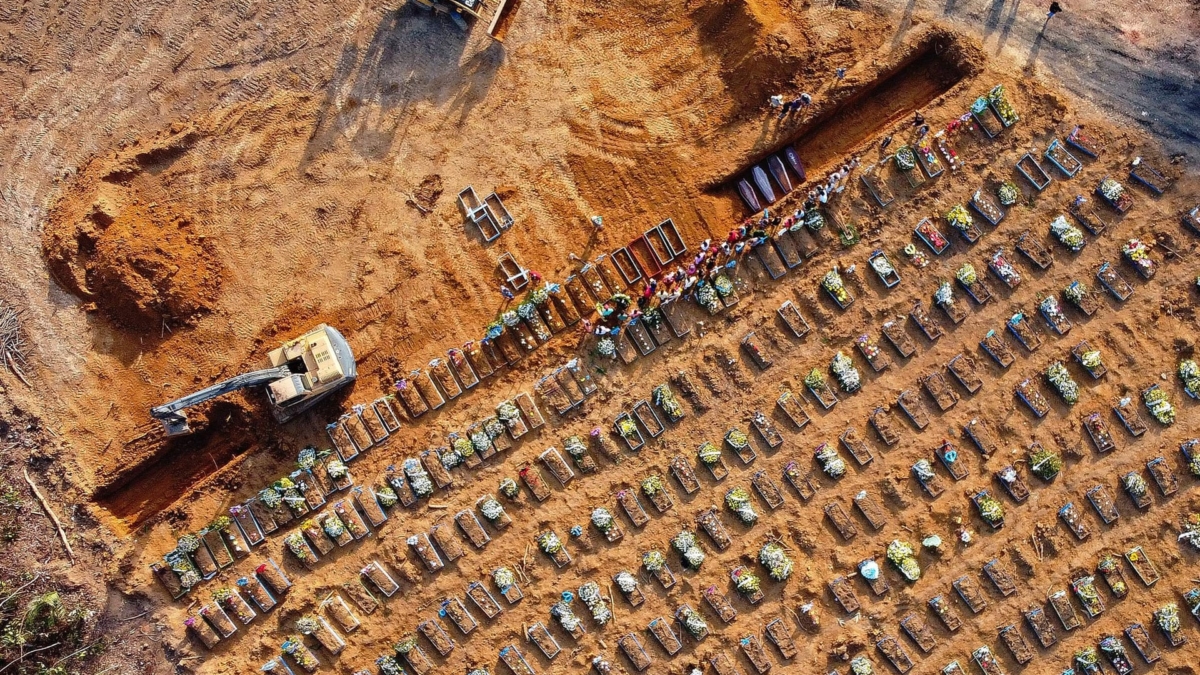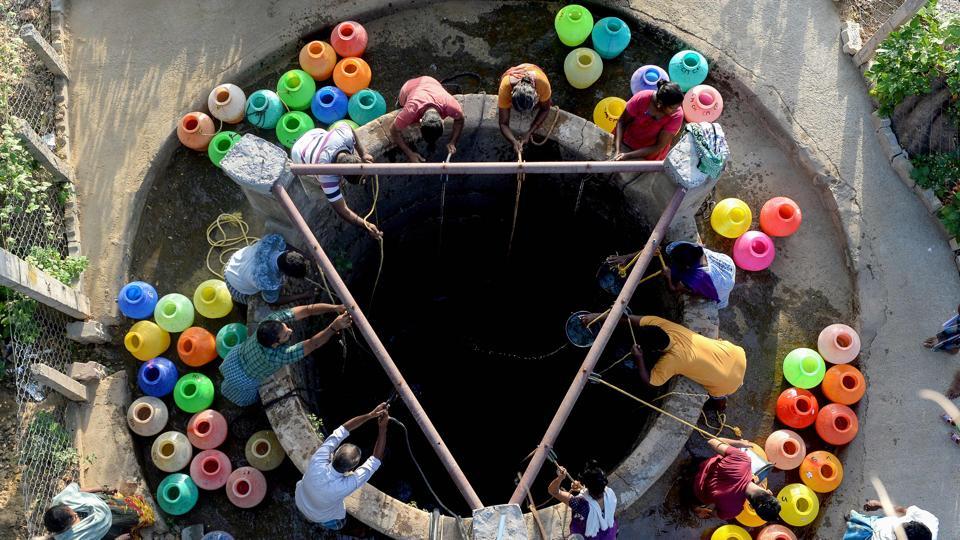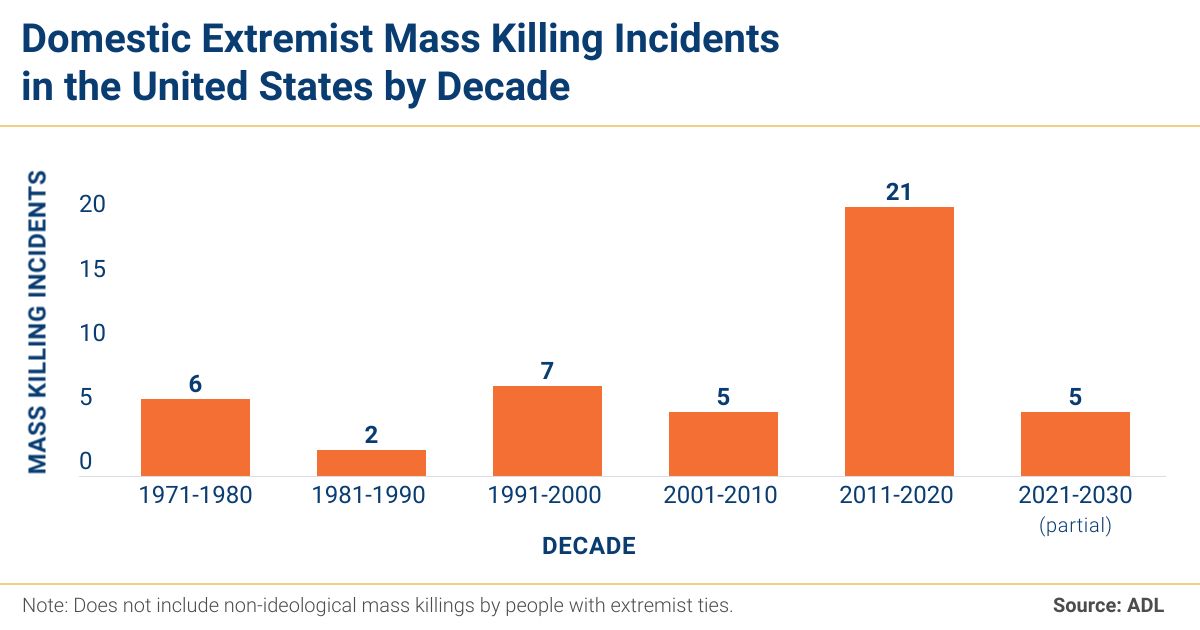Bodies pile up in China as Covid surge overwhelms crematoriums – “Bodies are overflowing everywhere”
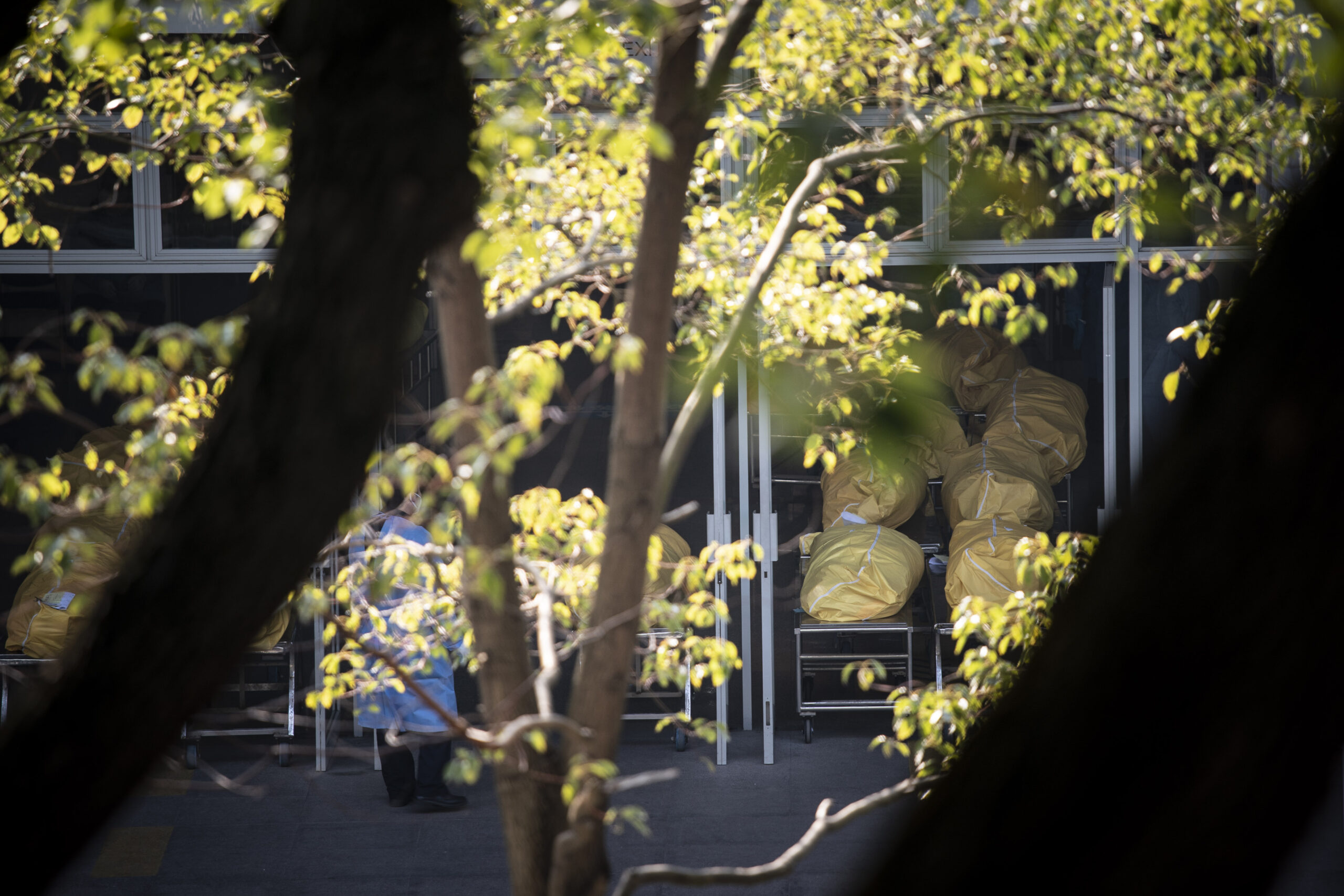
3 January 2023 (Bloomberg News) – For five days the elderly Chinese lady’s corpse lay decomposing in the Shanghai house she shared with her family before a hearse finally arrived to take away her remains.
“We’re lucky it’s the cold winter time,” a relative said last week at Shanghai’s Longhua Funeral Home, recounting the ordeal as the family waited their turn to say goodbye along with roughly 300 other masked mourners, many of whom asked not to be identified discussing sensitive issues. While the octogenarian woman didn’t die of Covid-19, the explosion of cases across China is overwhelming crematoriums, making it hard for anyone to find an open slot.
Public notices at Longhua over the weekend explained that the crematorium had received more than 500 corpses on that day, roughly five times more than it typically handles, according to one funeral goer. After hours of waiting, each family was given five-to-10 minutes to mourn in a no-frills ceremony, fighting for space in a cramped room with bodies lying on stretchers, zipped up in yellow body bags.
The brisk pace of business — families ushered in and out on a de facto assembly line — robbed the bereaved of the dignity typically on display at funerals in China. Aside from mourners and staff, a lone flower vendor loitered around selling small bouquets for 50 yuan ($7.25) a pop, before he was shooed away.
“The whole system is paralyzed right now,” said an employee who answered the phone at the Shanghai crematorium last week, the only number it has listed. “Things here are busier than anyone can handle.”
Similar scenes are playing out at funeral homes across China, where a seemingly endless flow of grieving families and exhausted workers tell the real story of Covid’s toll on the world’s second-biggest economy. President Xi Jinping’s administration has officially acknowledged only about a dozen Covid deaths since it abandoned strict pandemic controls at the beginning of December, prompting governments around the world to impose restrictions on Chinese travelers.
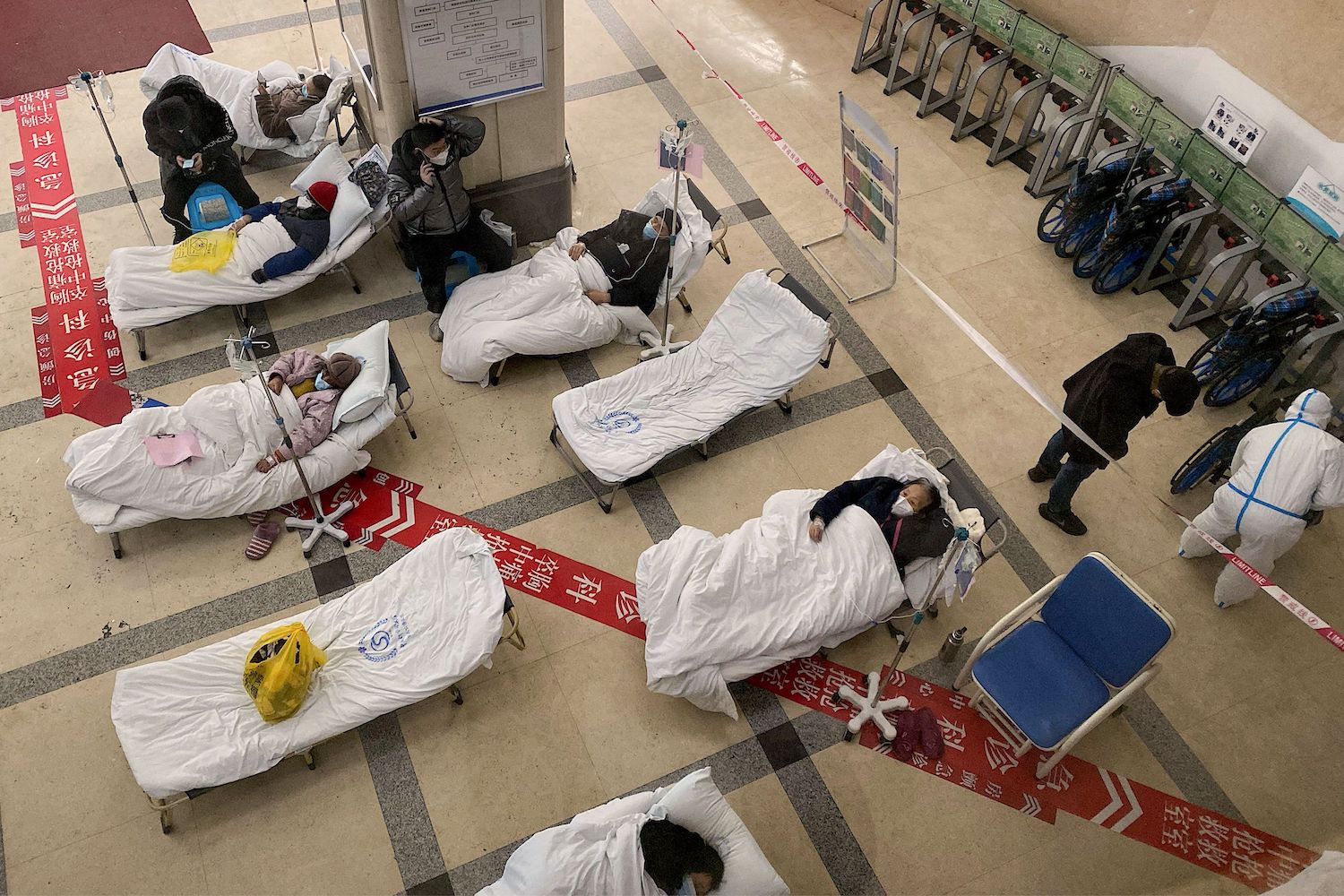
While nobody knows the true extent of fatalities, it’s clear funeral homes in major cities are already at capacity – and some experts warn that the worst is yet to come. Airfinity Ltd., a London-based research firm that focuses on predictive health analytics, estimated that China could see Covid deaths rise from around 9,000 a day now to as many as 25,000 a day later in January, when a rebound in travel is expected to occur during Lunar New Year festivities.
The deluge of deaths is another blow to Xi, who touted his Covid Zero policy as more humane and morally superior than the US and Europe, which saw large amounts of elderly people die in the early stages of the pandemic. He shifted course abruptly after spontaneous protests against lockdowns erupted simultaneously in key cities around the country.
In a New Year’s address, Xi acknowledged that the pandemic “has not been an easy journey for anyone.” He warned of tough times ahead and nodded at the social discontent, saying it was “only natural” for China’s 1.4 billion people to have different concerns and views on some issues. “What matters is that we build consensus through communication and consultation,” Xi said. […]
‘I shall find an empty patch’
The situation has gotten so grim that some people have sought to take things into their own hands.
“I’ve tried multiple paths to cremate my father but none have worked,” said a Dec. 28 WeChat message from a Shanghai resident to her neighborhood group chat, according to screenshots widely shared on social media. “The funeral services hotline told me that all cremation slots are full until after the new year. Since national law doesn’t allow patients who die of infectious diseases to be stored at home, I shall find an empty patch in our neighborhood to cremate my father. If you have problems with this, please call the police.”
Local officials eventually intervened to expedite the case after fervent protests from the neighborhood, according to screenshots of subsequent messages in the group chat. Bloomberg News has been unable to independently verify the episode.

Even the rich are having a tough time. Mao Daqing, a well-known figure in China’s property and tech circles and the founder of office space provider Ucommune International Ltd., spoke of the struggle finding a cremation spot after the sudden passing of an elderly family member.
“The sheer difficulty of cremation and burial entirely surpassed my imagination,” he wrote on Dec. 21 on his WeChat public account. Later, on his individual timeline, he posted again: “Just this morning, six people approached me to help them find cremation, another three urgently required Pfizer, and three more were in dire need of ICU beds. That’s the real status quo of Beijing.” […]
‘Bodies are overflowing everywhere’
When Bloomberg News called one such provider named De Shun Xiang in Beijing, an employee said cremation can be arranged within three days at the cost of 68,000 yuan, with same-day service going for 88,000 yuan. Normally it would cost around a few thousand yuan.
“Bodies are overflowing everywhere,” said the employee, who asked not to be named. “You’ll have to wait a month if not.” [more]
Bodies Pile Up in China as Covid Surge Overwhelms Crematoriums
